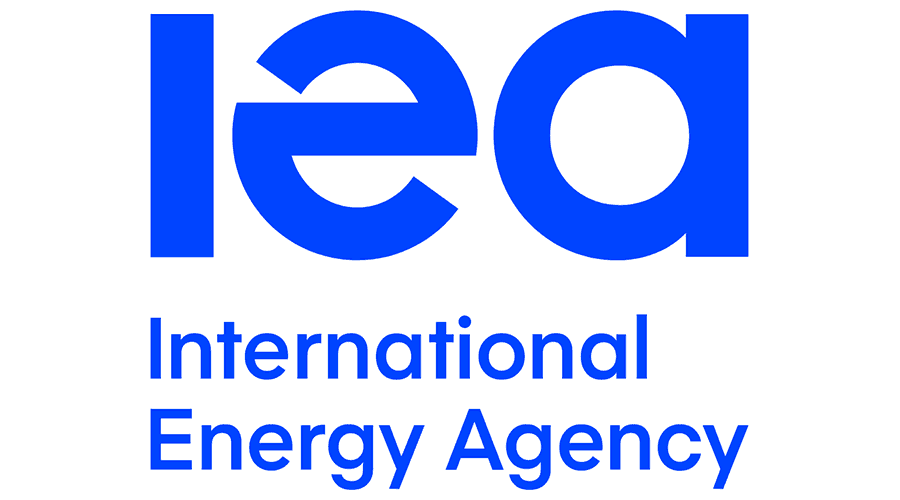The International Energy Agency raised alarms about a looming shortage of critical minerals needed for the green energy transition.
Despite a recent sharp drop in prices for these minerals, the IEA’s latest report warns that insufficient investment could lead to significant shortages in the near future.
The IEA, which advises advanced economies on energy policies, explained that while prices for minerals essential for electric vehicles, wind turbines, and solar panels have fallen to pre-pandemic levels, this price decline might discourage the investment necessary to meet future demand.
As more countries aim to phase out internal combustion engine cars, the demand for these critical minerals is expected to soar.
IEA Executive Director Fatih Birol stated, “Secure and sustainable access to critical minerals is essential for smooth and affordable clean energy transitions. The world’s appetite for technologies such as solar panels, electric cars, and batteries is growing fast –- but we cannot satisfy it without reliable and expanding supplies of critical minerals.”
The IEA report highlighted that the announced projects would meet only 70% of the copper and 50% of the lithium requirements by 2035, which are essential for manufacturing electric vehicles.
The IEA’s forecast suggests that the combined market size for key energy transition minerals is set to more than double to $770 billion by 2040 as countries aim for net zero emissions by mid-century.
However, the report also noted that progress in diversifying supplies of these minerals has been limited. This lack of diversification poses risks, especially given recent disruptions caused by the pandemic and geopolitical tensions.
The IEA also addressed environmental, social, and governance (ESG) risks in its report, finding mixed results.
While there has been some progress in involving local communities and using renewable energy, issues like waste reduction, emissions, and water consumption still need significant improvement.
Galina Angarova, a representative of the Buryat ethnic group from Siberia, expressed concerns about the rush for critical minerals.
She warned, “If we continue down the current path, we risk building the destruction of nature, biodiversity, and human rights into the economy-wide shift away from fossil fuels. We are on the cusp of the next industrial revolution… and we have to do this right.”
Adam Anthony from the financial transparency group Publish What You Pay also highlighted concerns.
He pointed out that while companies are rushing to Africa to extract these minerals, there is little benefit for the local communities.
“When we talk about critical minerals, it is also very important to ask — who are they critical for? We don’t receive any value from the extraction at the moment,” Anthony said.
AFP











